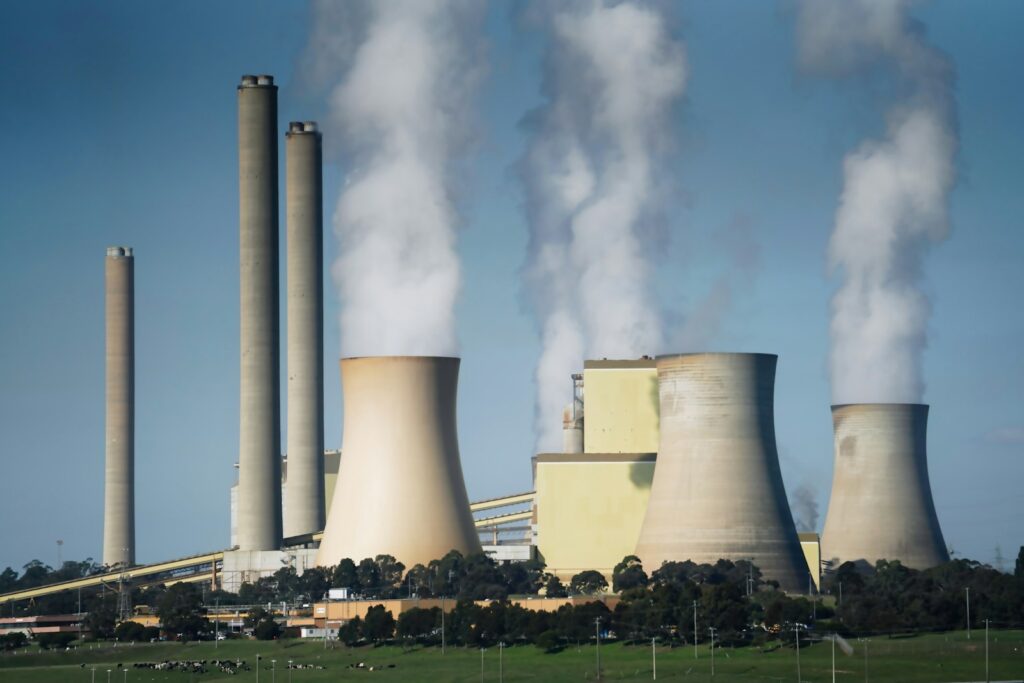Oct 1, 2024 3:52 PM
On Monday, the last coal power plant in the UK, Ratcliffe-on-Soar, ceased operations. Since its inception in 1968, this plant, with a generation capacity of 2,000 megawatts, marked the end of an era for the UK’s energy sector, which began with the opening of its first coal-fired station in 1882. At one time, coal fueled over 90% of the UK’s electricity needs.
The decline of coal has been driven by several factors: the rise of natural gas and renewable energy sources, stringent pollution controls, carbon pricing, and the UK’s commitment to achieving net-zero greenhouse gas emissions by 2050.
Historically, coal was a cornerstone of the UK’s electricity, supplying over 90% of the nation’s power as recently as 1956 and peaking in production by 1980. However, the landscape began to change as the EU implemented environmental regulations to combat acid rain, and the UK gained access to alternative fuels like oil and gas from the North Sea. These developments, combined with increased energy efficiency and the offshoring of heavy industries, significantly reduced domestic coal demand.
Further diminishing coal’s role, the European Union introduced a carbon trading system in 2005, adding financial costs to carbon emissions. By 2008, the UK had set progressive national emissions targets under various governments, culminating in a commitment to net-zero emissions by 2050.
To support this transition, the UK government implemented a carbon price floor to ensure meaningful costs for carbon emissions, encouraging a shift towards renewable energy. This strategy was effective; renewable energy production, especially from offshore wind farms, has surged.
The UK’s aggressive stance against coal usage included setting a deadline to phase out coal by 2025, announced in 2015. By 2017, the UK experienced its first coal-free day, and by 2019, there were entire weeks without coal power generation.
The transition from coal is a model for other nations, demonstrating how rapid change is feasible with concerted policy efforts and societal shifts. Factors such as aging coal infrastructure needing replacement and the minimal political influence of the dwindling coal sector have facilitated this shift. Unlike in countries where coal interests are more politically potent, the UK’s bipartisan approach to climate policy has helped maintain steady progress.
As global trends favor cheaper renewable energies and the high pollution costs of coal become untenable, the UK’s experience offers valuable lessons. The UK’s proactive policies have set a precedent, with the current government aiming to fully decarbonize the power sector by 2030, revising earlier targets and continuing to lead by example in the global effort to combat climate change.

